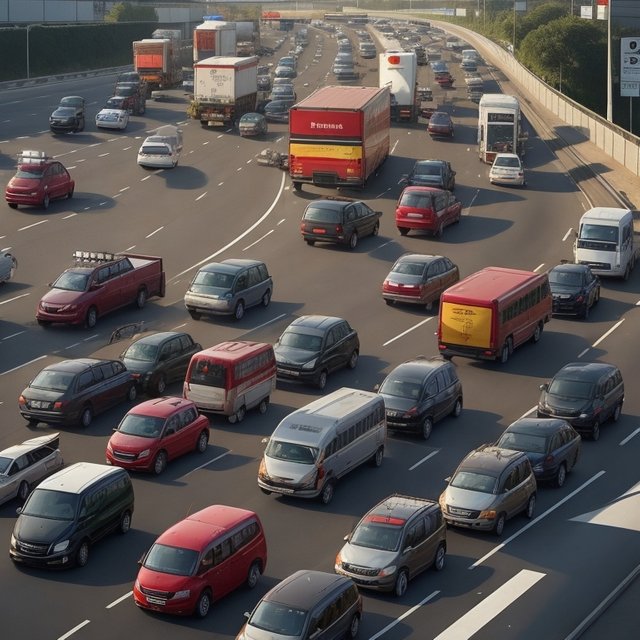Introduction
In today's fast-paced world, access to the internet has become an essential commodity, akin to electricity or water. However, the cost of internet access remains a barrier for many individuals and communities, particularly in developing countries. Additionally, traffic congestion is a growing challenge in urban areas worldwide, causing significant delays, economic losses, and environmental pollution.
Recent advancements in technology and infrastructure have opened up the possibility of providing free internet access and reducing traffic congestion. This article delves into the potential benefits and challenges of these initiatives, exploring their impact on individuals, societies, and economies.
Potential Benefits of Free Internet Access
Ehanced Education and Learning: Free internet access can revolutionize education by providing students with unlimited access to online resources, enabling them to learn at their own pace and explore diverse perspectives. It can also facilitate distance learning, enabling students in remote areas to access quality education without geographical constraints.
Improved Access to Information and Services: Free internet access can bridge the digital divide, providing individuals with access to essential information, services, and e-commerce platforms. This can promote economic and social development, particularly in underserved communities.
Empowerment and Civic Engagement: Free internet access can empower individuals to participate more actively in civic life, enabling them to engage in online discussions, access government information, and hold their leaders accountable.
Economic Growth and Innovation: Widespread internet access can stimulate economic growth by fostering innovation, entrepreneurship, and remote work opportunities. It can also enhance productivity and efficiency across various industries.
Potential Challenges of Free Internet Access
Infrastructure Costs: Providing free internet access to an entire population requires significant investment in infrastructure, including broadband networks, wireless towers, and access devices.
Digital Literacy and Education: Effective utilization of the internet requires digital literacy and education to ensure individuals can access and navigate online resources safely and responsibly.
Content Regulation and Cybersecurity: Free internet access raises concerns about the spread of misinformation, hate speech, and harmful content. Effective content regulation and cybersecurity measures are crucial to protect users from online threats.
Privacy and Data Protection: Free internet access must be accompanied by strong privacy safeguards to protect individuals' personal data and prevent unauthorized use.
Traffic Jams Elimination Strategies
Public Transportation Infrastructure: Investing in efficient public transportation systems, including bus rapid transit, light rail, and subways, can provide attractive alternatives to private vehicles, reducing traffic congestion.
Traffic Management and Smart Traffic Systems: Implementing intelligent traffic management systems, such as real-time traffic monitoring and dynamic signal timing, can optimize traffic flow and reduce congestion.
Urban Planning and Land-Use Zoning: Urban planning strategies that promote mixed-use developments, walkable neighborhoods, and compact cities can reduce the need for car travel and alleviate traffic congestion.
Encouraging Alternative Modes of Transportation: Promoting cycling, walking, and carpooling can reduce the number of vehicles on the roads, thereby easing traffic congestion.
Congestion Pricing and Tolls: Implementing congestion pricing or tolls for driving in congested areas can discourage unnecessary car usage and encourage shifts to more efficient modes of transportation.
Conclusion
Free internet access and traffic jams elimination are ambitious yet achievable goals that can significantly improve the lives of individuals and societies. By carefully considering the potential benefits and challenges, implementing effective strategies, and ensuring responsible technological advancements, we can move closer to a future where access to information, mobility, and economic opportunities is equitable and accessible to all.
